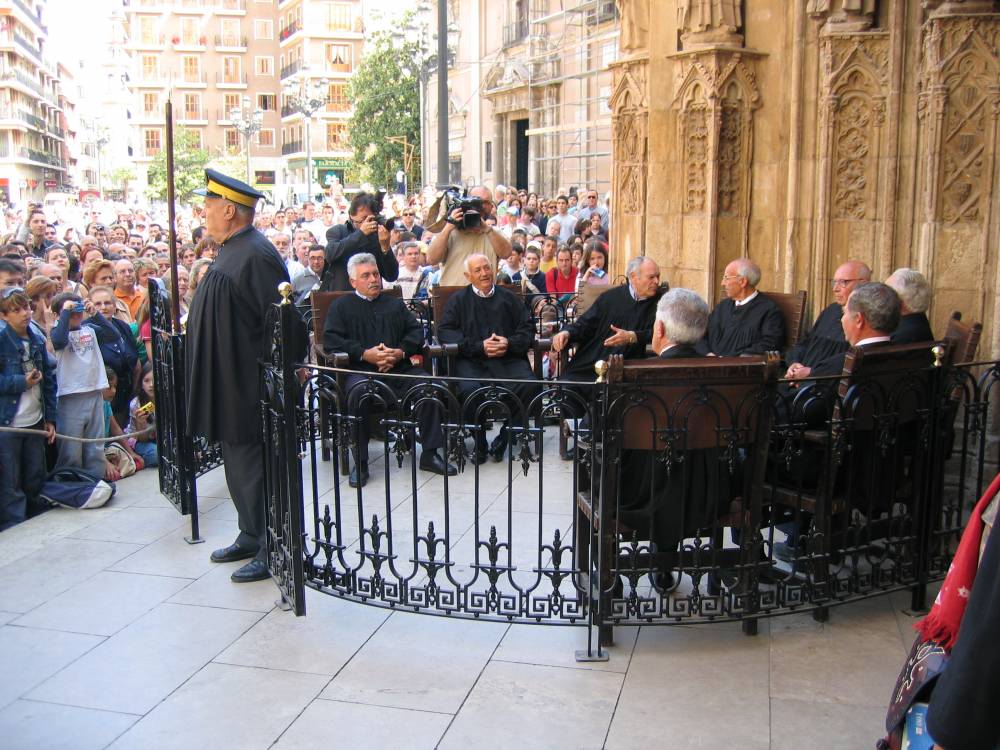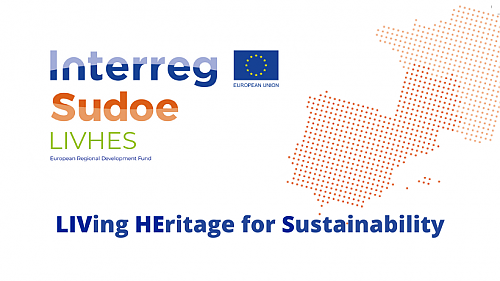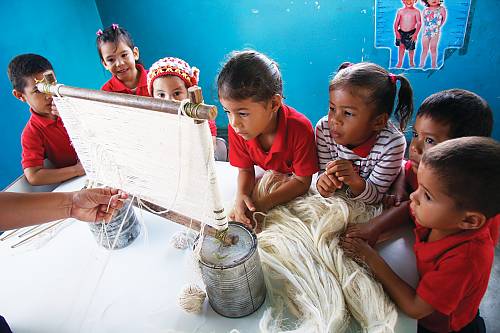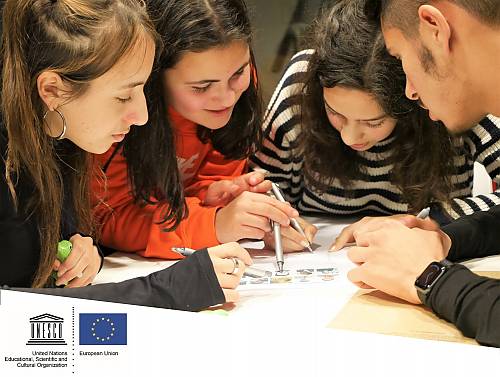What are the core values and ethical principles – drawn from the 2003 Convention for the Safeguarding of the Intangible Cultural Heritage – that ought to guide all safeguarding efforts, whether undertaken by States, communities, civil society or the private sector? How can those core values and principles be integrated into one or more model codes of ethics that could orient the work of different actors, in different contexts? And how can a model code be translated effectively into concrete, practical tools that could be used in the day-to-day work of safeguarding? Those are some of the questions that will be addressed during an expert meeting organized by UNESCO and the Government of the Kingdom of Spain in Valencia, Spain, from 30 March to 1 April 2015.
Twelve experts from around the world will reflect on the main lines that should figure into codes of ethics for intangible cultural heritage. Concrete examples in fields related to intangible heritage will be discussed (cultural heritage, museums, anthropology, folklore, tourism, the media and intellectual property) and experts will strategize the different approaches that are possible for ethical codes or codes of conduct, and whether the goal should be a single model code or several addressed to different sectors.
The Director-General of UNESCO and representatives of the Kingdom of Spain and local institutions will welcome the participants and inaugurate this important meeting. Its final results will be presented to the Intergovernmental Committee for the Safeguarding of the Intangible Cultural Heritage when it meets for its tenth session in Namibia from 30 November to 4 December 2015.
Meeting:
-
Expert meeting on a model code of ethics for intangible cultural heritage (30 March 2015 – 1 April 2015)




